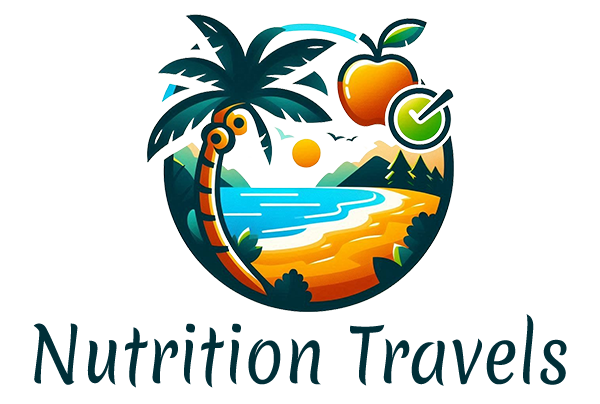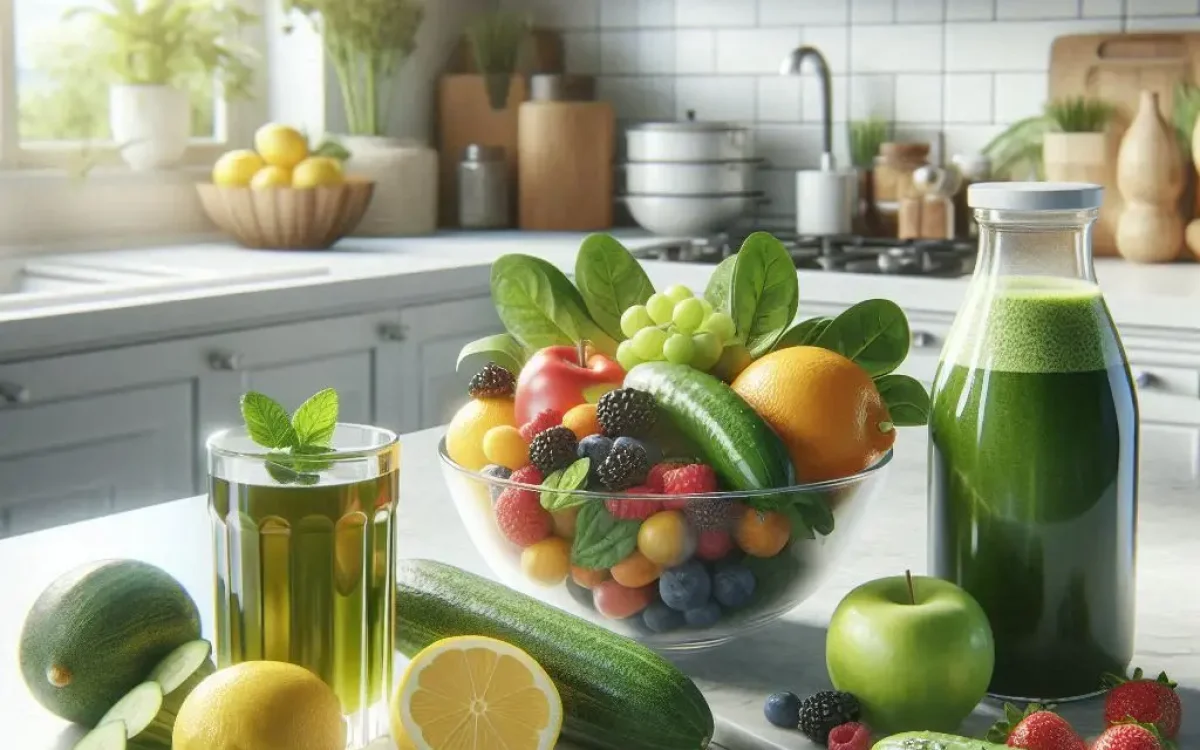Have you ever seen ads promising to “cleanse your body,” “flush out toxins,” or “reset your system” in just a few days? That’s the world of detox diets—juices, teas, cleanses, or supplements claiming to do wonders for your health.
But here’s the big question: do detox diets really work, or are they just another wellness trend? Let’s break down the science, the myths, and the reality behind detox diets so you can make an informed decision.

What is a Detox Diet?
A detox diet usually involves a short-term plan designed to “eliminate toxins” from your body. Common types include:
- Juice cleanses – consuming only fruit and vegetable juices for several days.
- Herbal teas or supplements – marketed to “cleanse” your liver or colon.
- Elimination diets – cutting out processed foods, sugar, caffeine, or alcohol.
- Fasting-based detox – restricting calories or skipping meals.
The idea sounds appealing, but is it necessary?
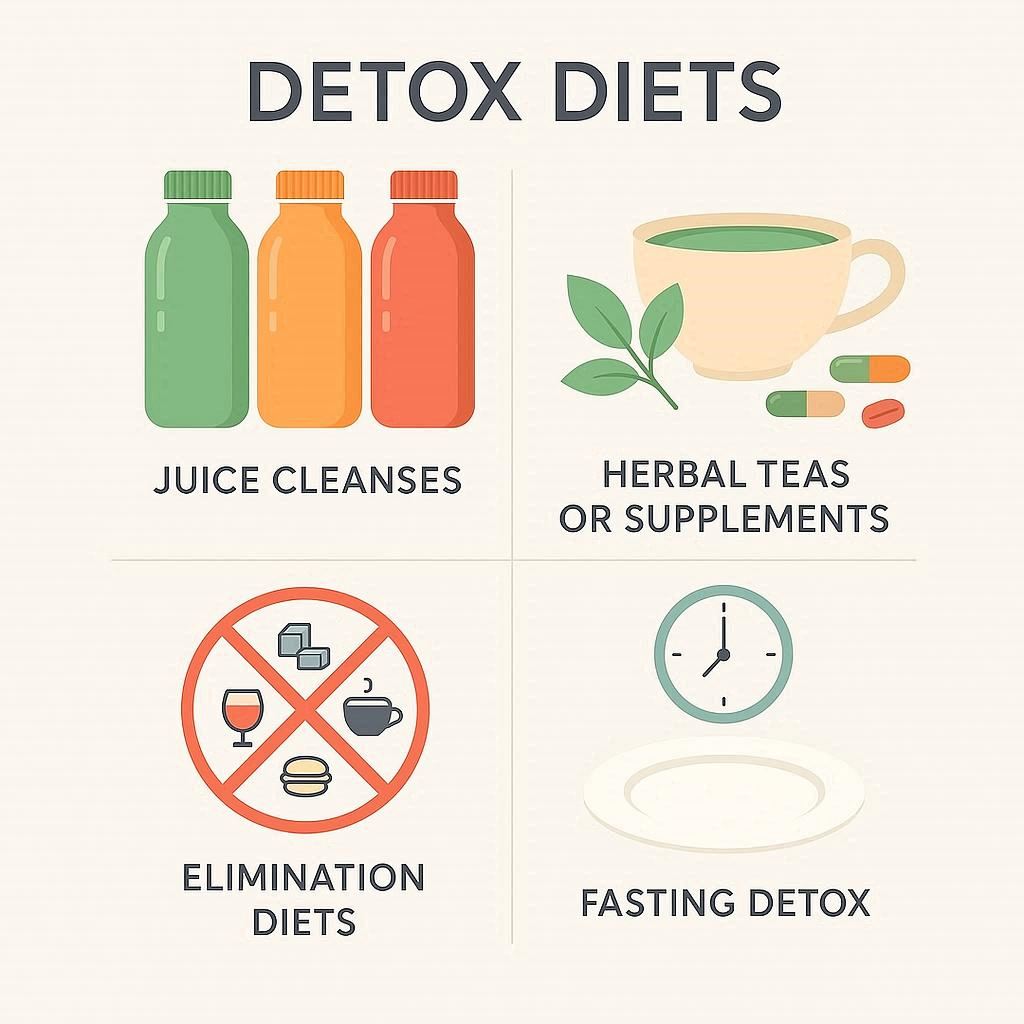
The Science: Does Your Body Need Help “Detoxing”?
Here’s the truth: your body already has a built-in detox system—your liver, kidneys, lungs, skin, and digestive system. They work around the clock to filter waste and harmful substances.
So unless you have a medical condition affecting these organs, your body doesn’t really need a special “detox” plan.
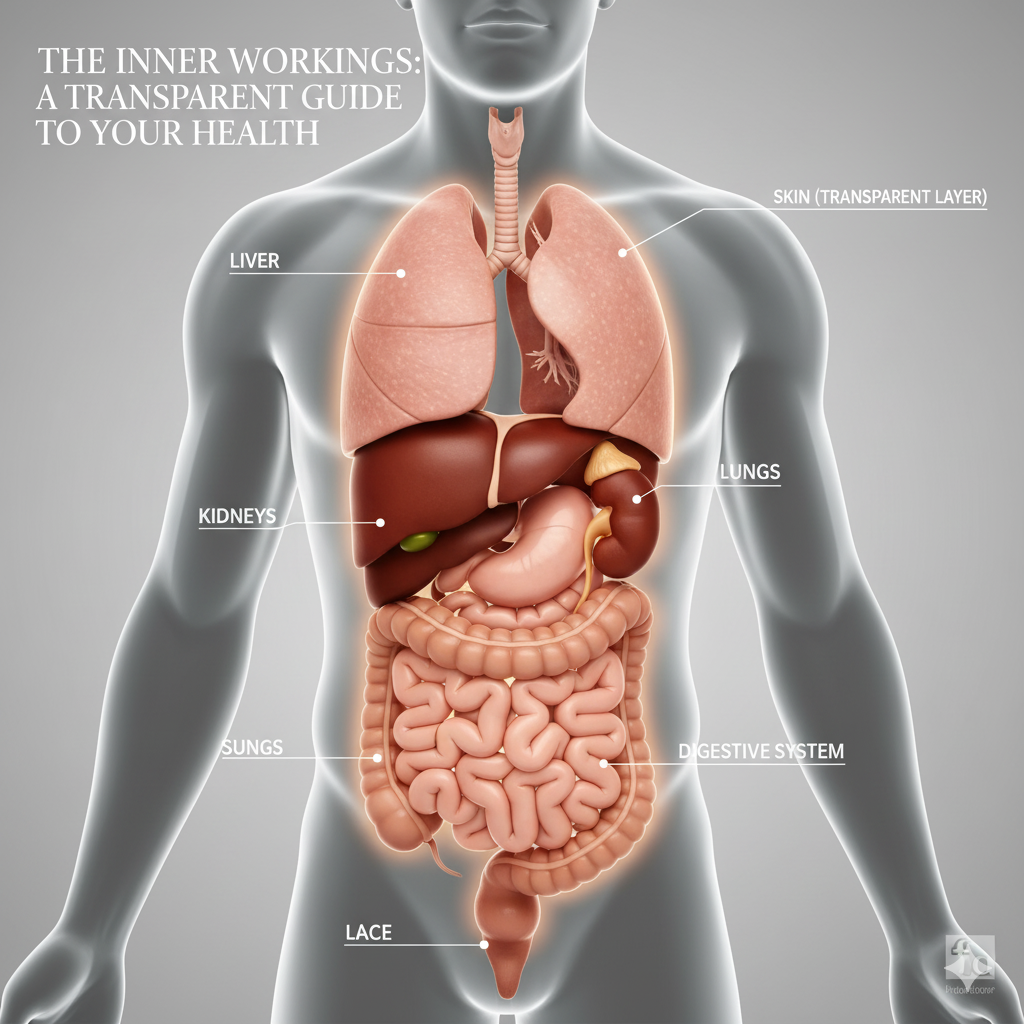
Claimed Benefits of Detox Diets
Supporters of detox diets often promise:
- Quick weight loss
- Clearer skin
- More energy
- Reduced bloating
- Improved digestion
But here’s the catch—many of these results are short-term and often come from cutting calories drastically, not from “removing toxins.”

Risks and Downsides of Detox Diets
While some people feel “lighter” after a detox, these diets aren’t risk-free:
- Nutrient deficiencies: Juice-only diets lack protein and healthy fats.
- Fatigue and dizziness: Low calorie intake can leave you drained.
- Blood sugar spikes: Fruit-heavy cleanses can cause sugar fluctuations.
- Yo-yo dieting: Rapid weight loss is often water weight and quickly regained.
For some people (like those with diabetes or kidney disease), detox diets can even be dangerous.
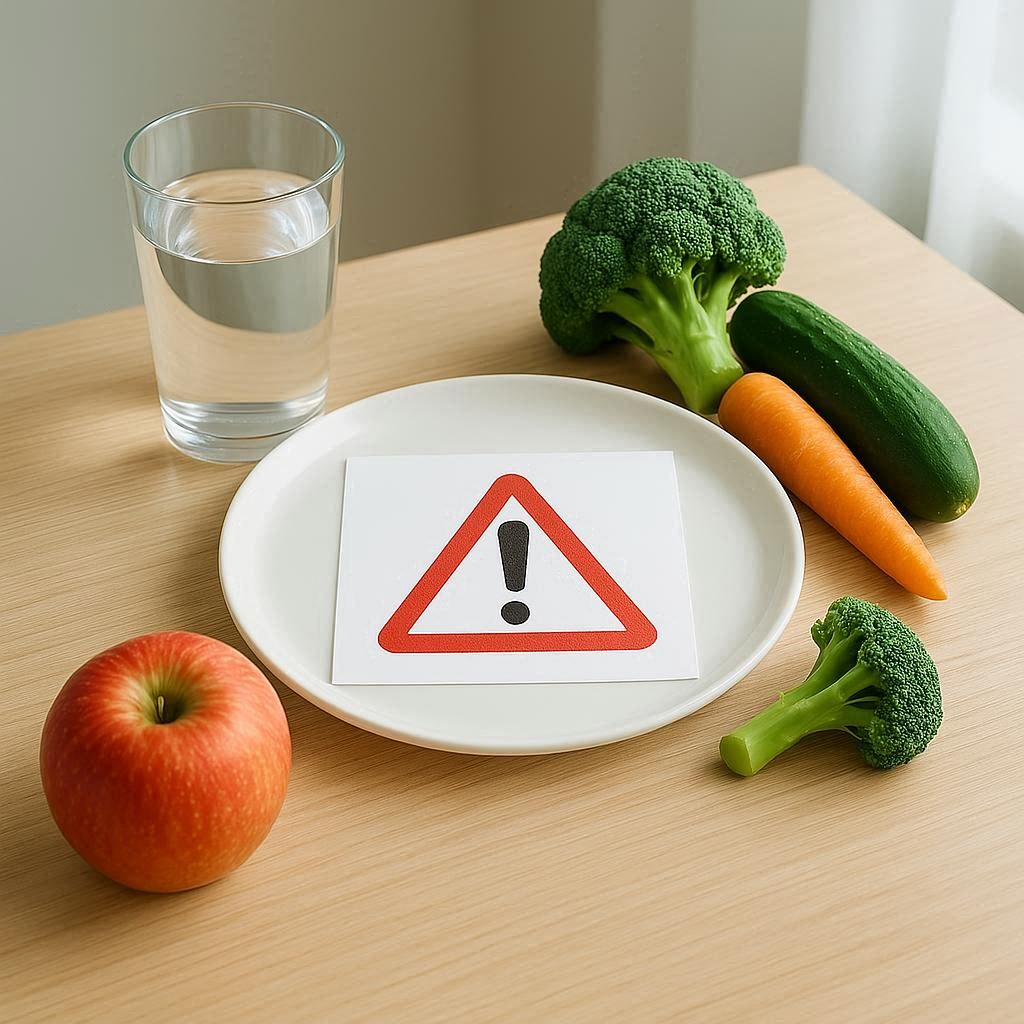
What Actually Works Instead of Detoxing?
Instead of spending money on detox teas or cleanses, focus on sustainable healthy habits:
- Stay hydrated: Water is the best detoxifier.
- Eat whole foods: Fruits, veggies, lean proteins, whole grains.
- Limit processed foods & sugar.
- Get enough sleep: Rest helps your body repair and recharge.
- Move your body: Exercise supports circulation and digestion.
These daily practices support your body’s natural detox system more effectively than any trendy diet.
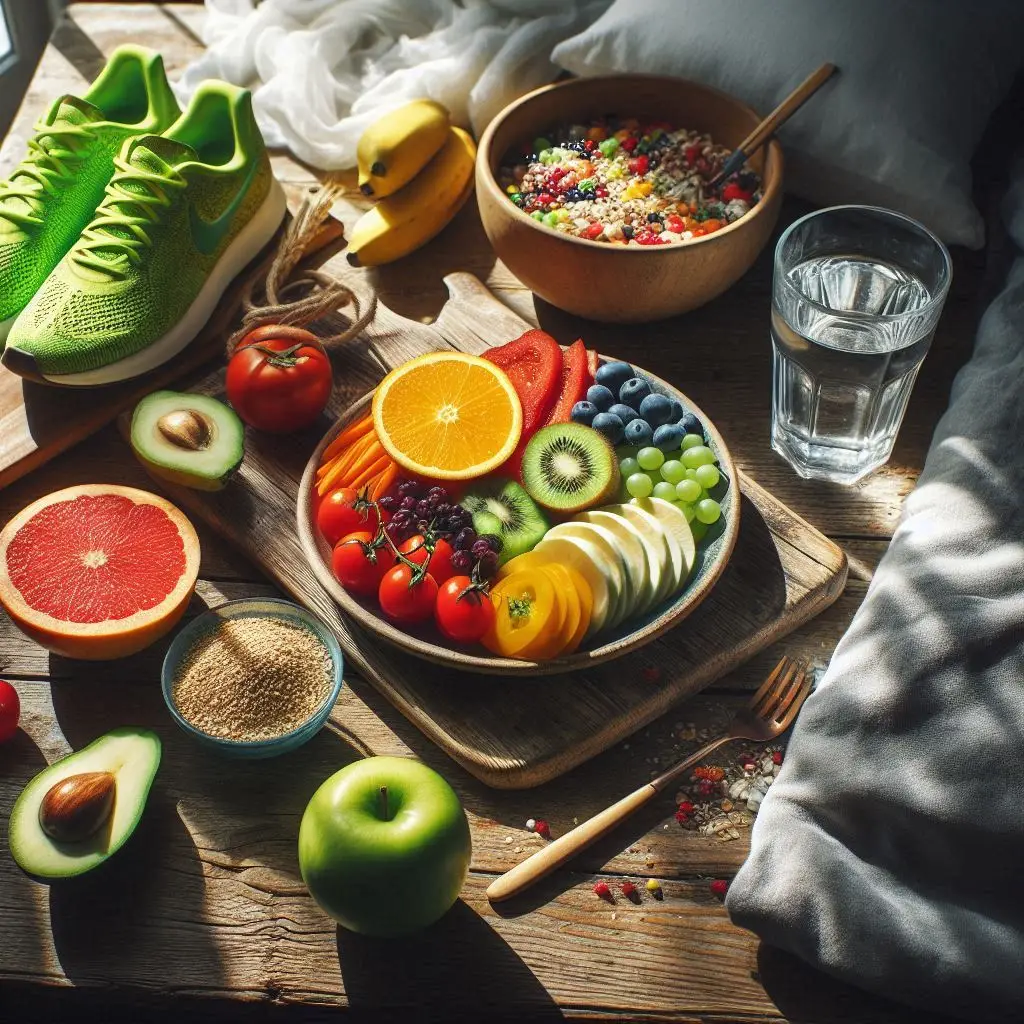
When a “Detox” Might Be Helpful
While most detox diets aren’t necessary, some people use them as a “reset button”—a way to break bad habits like overeating junk food, drinking too much soda, or relying on processed snacks.
If approached safely (e.g., a short-term elimination of sugar and alcohol while focusing on whole foods), a detox can be a motivational starting point toward better nutrition.
So… Do Detox Diets Really Work?
The truth is: detox diets don’t magically remove toxins. Your liver and kidneys already do that.
Yes, they might give you temporary weight loss or a feeling of “lightness,” but these effects are usually short-lived. The real key to long-term health is building consistent, balanced habits—not relying on quick fixes.

Focus on Lifestyle, Not Quick Fixes
Detox diets might look trendy and tempting, but they’re not the magic solution they claim to be. If you truly want better health, more energy, and lasting weight loss, the answer is simple: nourish your body daily with whole foods, water, movement, and rest.
Instead of falling for detox gimmicks, start building healthy habits today. Try adding one extra serving of veggies to your meals, drink more water, and get quality sleep. Small changes bring lasting results.
For more science-backed wellness tips, check out Nutrition Travels and take the first step toward real, sustainable health.
